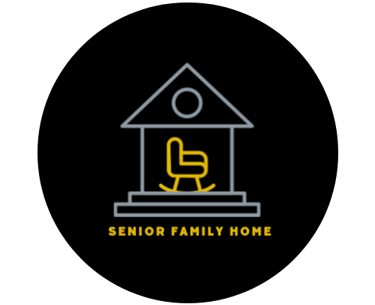Creating Advance Directives in Advanced Elderly Care Planning


Initiating conversations about advanced care planning is crucial for seniors and their families. However, one aspect often overlooked is the creation of advance directives. These legal documents play a pivotal role in ensuring that an individual's medical care preferences are honored, even if they are unable to communicate them directly.
What are Advance Directives?
Advance directives are legal documents that allow individuals to specify their medical care preferences and appoint a trusted individual to make healthcare decisions on their behalf if they become incapacitated. The two most common types of advance directives are living wills and durable power of attorney for health care.
Living Wills:
A living will outlines an individual's preferences regarding medical treatments and interventions in the event of a serious illness or injury. This document typically covers issues such as life-sustaining treatments, resuscitation, and end-of-life care. By clearly articulating their wishes in a living will, individuals can ensure that their healthcare decisions align with their values and beliefs.
Durable Power of Attorney for Health Care:
A durable power of attorney for health care, also known as a healthcare proxy or healthcare surrogate, allows individuals to appoint a trusted person to make medical decisions on their behalf if they are unable to do so themselves. This designated healthcare agent has the authority to communicate with healthcare providers, access medical records, and make treatment decisions based on the individual's wishes and best interests.
Why Are Advance Directives Important?
Advance directives provide peace of mind for both seniors and their families by ensuring that their healthcare wishes are known and respected. In the absence of these documents, medical decisions may be left to family members or healthcare providers who may not be aware of the individual's preferences. Advance directives empower individuals to maintain control over their medical care, even in challenging circumstances.
How to Create Advance Directives:


Initiate the Conversation: Begin by discussing the importance of advance directives with your loved ones. Encourage open and honest dialogue about their healthcare preferences and values. Approach the conversation with sensitivity and empathy, and reassure your loved ones that their wishes will be respected.
Consult with Legal Professionals: Seek guidance from an elder law attorney or healthcare professional who can help you understand the legal requirements for advance directives in your state and assist with the drafting and execution of these documents. They can provide valuable insights and ensure that the documents comply with state laws.
Complete the Documents: Work with your loved ones to complete the necessary paperwork for living wills and durable power of attorney for health care. Ensure that the documents accurately reflect their wishes and are signed and witnessed according to state laws. Consider involving other family members or trusted advisors in the process to ensure that everyone is on the same page.




Distribute Copies: Make copies of the completed advance directives and distribute them to relevant parties, including healthcare providers, family members, and designated healthcare agents. Ensure that everyone involved understands their role and responsibilities in implementing the directives. Keep the originals in a safe but accessible location, such as a home safe or with the individual's attorney.




Review and Update Regularly: Advance directives should be reviewed and updated regularly to reflect any changes in your loved ones' medical condition or preferences. Consider revisiting these documents during annual check-ups or significant life events, such as the diagnosis of a chronic illness or the death of a loved one. Encourage open communication with your loved ones about their wishes and preferences, and be proactive in addressing any changes or concerns that may arise.
By taking proactive steps to create advance directives, seniors and their families can ensure that their healthcare wishes are respected and upheld, even in challenging circumstances. These important legal documents provide peace of mind and empower individuals to maintain control over their medical care throughout their later years.


